Australia has a strict and inflexible set of laws pertaining to issues of immigration. These are encased in the Migration Act (1958) and the Migration Regulations (1994). Back in my student days I had to lug printed copies of both of these out of my first class, and still remember how my back felt! And these laws govern how decisions are made in relation to every single application for an Australian visa received by the Australian Embassy in Manila (or any other Embassy, Consulate or office of the Department).
And Australia also has a registration scheme in place for Registered Migration Agents like myself, including a Code of Conduct which is also written into law, ie. Migration Agents Regulations (1998). That Code of Conduct requires compliance with the law, and a great deal of transparency in how we deal with visa applications and visa applicants.
We get the occasional client asking what the difference is with dealing with us and dealing with a local travel agent in Philippines? Apart from a lack of experience and a lack of qualifications, there is also all of the above. No knowledge in most cases of even the existence of the laws governing visa applications, and certainly no strict compliance with a Code of Conduct.
Flexibility in the law? None!
I’ve written extensively in this BLOG about Regulation 4020, aka Public Interest Criteria 4020 or PIC 4020, which imposes a 3 year ban on further applications as well as refusal of the application on those who lodge applications containing false statements and bogus documents. That includes omissions of facts and documents containing incorrect information.
One of the least pleasant things to hear when you’re dealing with Down Under Visa is that you have sent us a document with incorrect information on it, and we tell you to get it fixed. And what makes this more difficult is that there are cultural differences between the Australian approach and the Philippines approach to false statements and falsified documents.
In the Philippines you will find there is a more “flexible” approach to accuracy. For somebody to have a few different ways to spell their name, and to be unsure about their date of birth, this is not so uncommon. For somebody to state on a child’s birth certificate that the parents were married when they were not? Very common. To informally adopt a child by re-registering their birth? Very common. And for staff in Government offices to happily provide a falsified document for a bit of cash, sadly too common.
But the Australian Government takes a different approach to facts, as I explained already. And the consequences are dire.
We won’t bend, sorry.
A common scenario when we tell our clients they need to get documents corrected is that the ladies approach Mila directly in Tagalog and ask her to help. This is usually accompanied by a request to please “understand their situation”.
Now, in many business and/or Government offices here, requests for help and “understanding” usually result in a lowering of standards. That could mean anything from falsifying documents to simply looking the other way. And it also means “Just between us girls! Don’t tell your husband!”
Well, Mila tells me everything. She has to, seeing as I’m the Registered Migration Agent and nothing gets past me. Plus, that’s the way we do things anyway. No secrets. And we have a Code of Conduct that we follow, and there is nothing that anyone can offer us to make us look the other way. And even if we did, the Embassy are no fools and would more than likely catch you out anyway. So why bother trying in the first place?
So yes, if you have issues with falsified documents and false information, we will expect you to get these things corrected. We can’t correct the documents for you, but we will send you in the right direction to get this done correctly. And please don’t argue with us, or say “my attorney said that an affidavit should be enough”. Philippines attorneys know as much about Australia law as I know about applying makeup! It’s not their area, so they shouldn’t venture opinions at all.
Have we had clients who won’t accept what we tell them?
Most definitely we have, yes. And we have had occasions where we’ve had to say “Sorry, but we cannot continue managing your application”. We have several every year like that, unfortunately. And we have those who pull the pin on us because they think we are wrong, and sometimes we then hear back from them later after they’ve had their application refused. We had one applicant once with three different names and three different birth certificates (all with different dates and places of birth) and several marriages at the same time. What did we do? Terminated the contract, invoiced them for work already done, refunded them the balance, and sent their documents back to them. Sorry, but no looking-the-other-way for Down Under Visa.

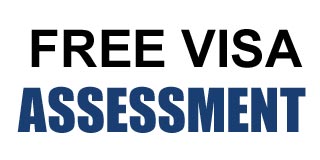
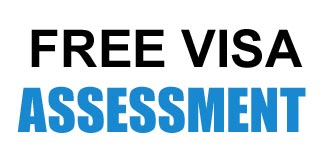




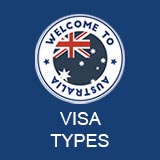
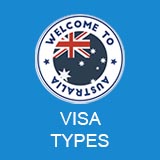
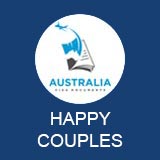
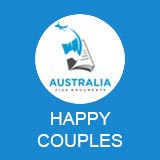





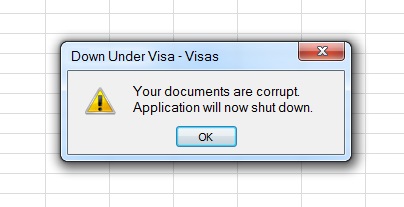

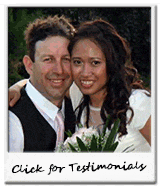
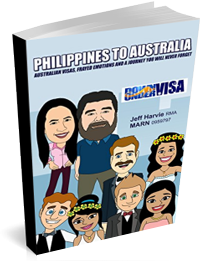
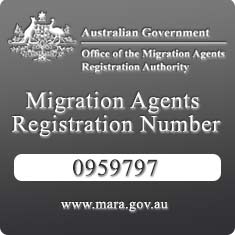
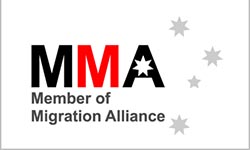
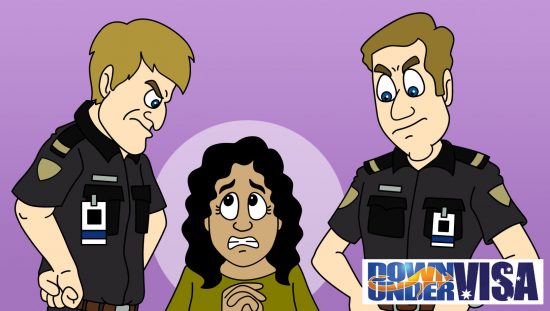 Multiple Entry Tourist Visas – The Reality
Multiple Entry Tourist Visas – The Reality Still married but want an Australian Partner Visa
Still married but want an Australian Partner Visa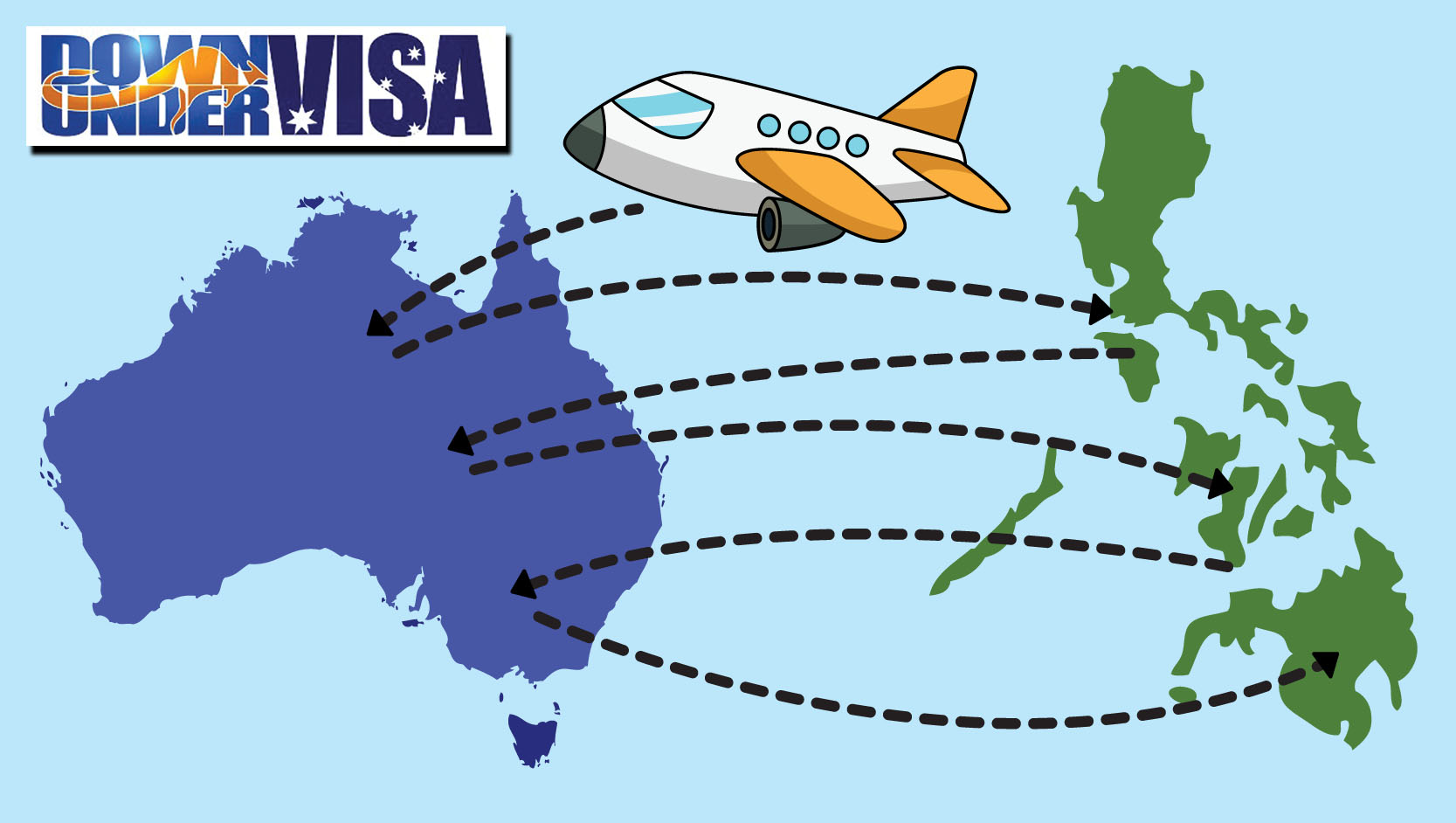 Welcome to Down Under Visa – Australian Partner Visa Specialists
Welcome to Down Under Visa – Australian Partner Visa Specialists Australian Partner Visas and New Families (ie babies arriving soon)
Australian Partner Visas and New Families (ie babies arriving soon) Down Under Visa – 2024 Christmas Vacation Dates
Down Under Visa – 2024 Christmas Vacation Dates


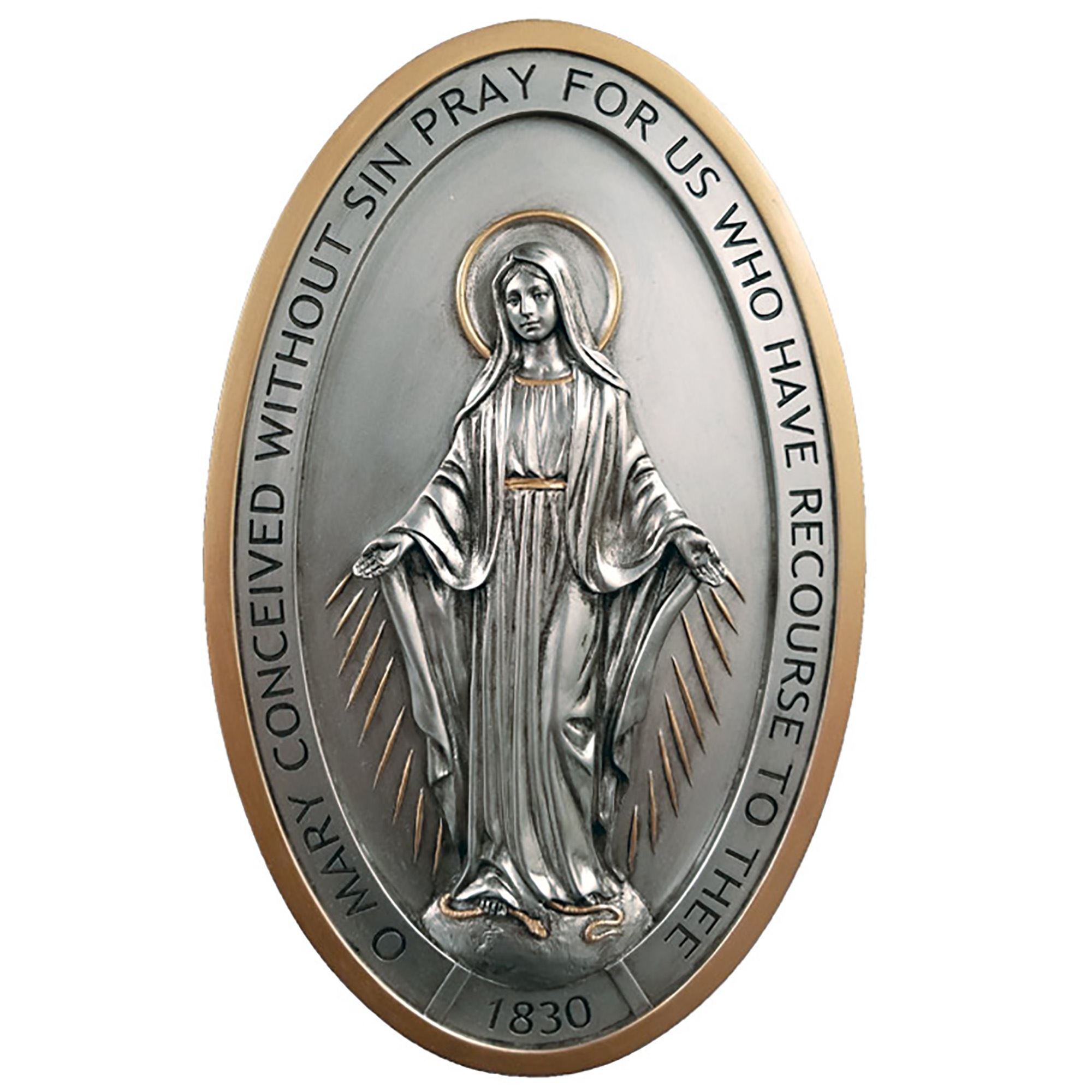
Yeah, good you Jeff. Hit those unscrupulous clients hard, mate.
At the end of the day, they are wasting your time and their time and money.
Ian